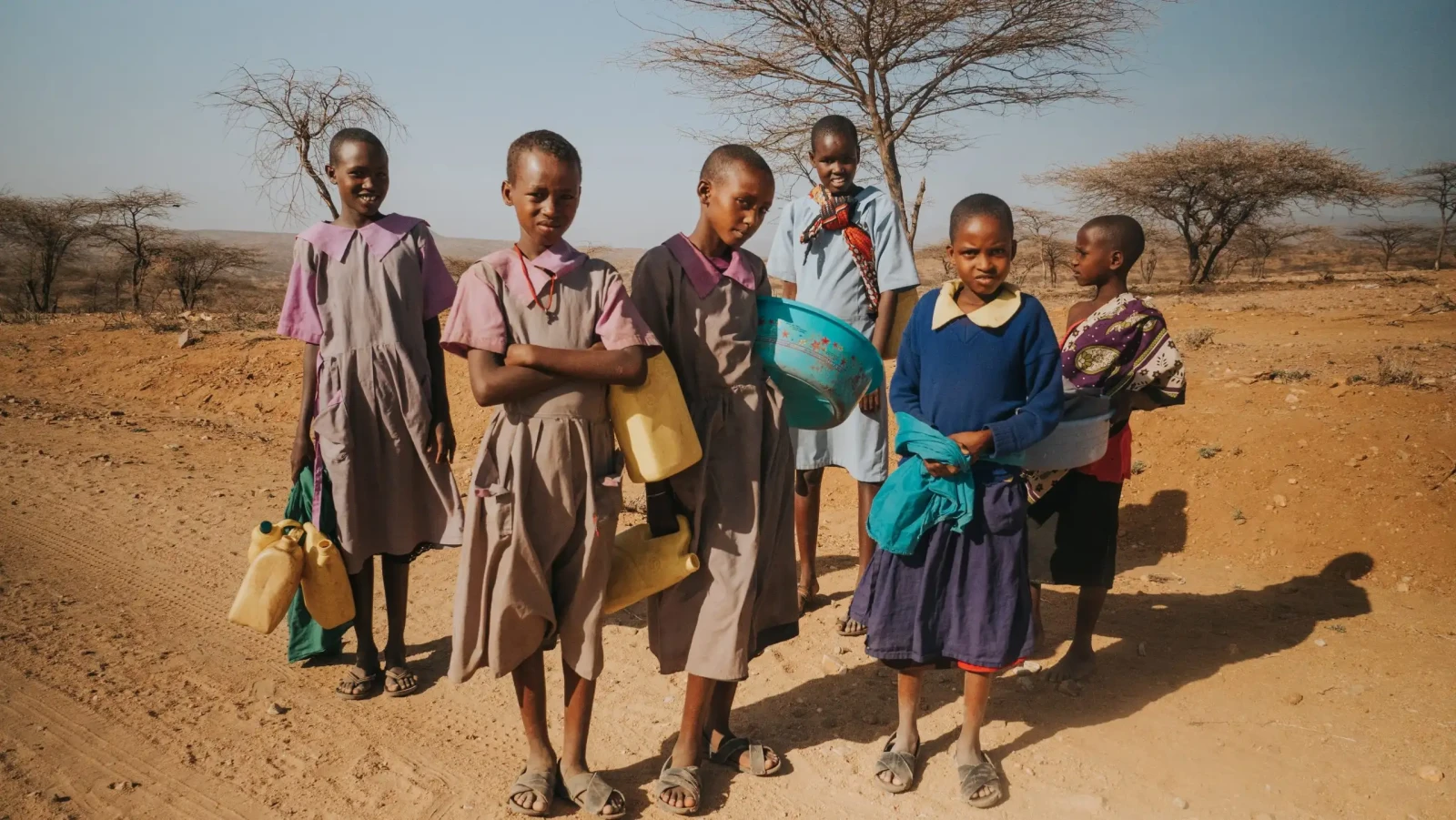A recent United Nations report reveals a significant worsening of food insecurity in Africa, despite global improvements. As of 2024, over 1 billion Africans—about two-thirds of the continent’s population—struggle to afford a healthy diet.
The report highlights that the prevalence of moderate or severe food insecurity in Africa exceeds 50%, more than double the global average of 28%. While global hunger slightly decreased to 8.2%, it continues to grow in many African subregions and parts of western Asia. Undernourishment in Africa surpasses 20%, with projections indicating that nearly 60% of the world’s chronically undernourished people will reside in Africa by 2030.
The crisis, attributed to conflicts, climate shocks, economic instability, and inadequate agricultural development, particularly affects regions like the Sahel and conflict zones like Sudan. The FAO’s chief economist emphasized the urgent need to address these challenges facing Africa’s fragile agrifood systems.
The situation in West and Central Africa is alarming, with nearly 50 million people facing food insecurity primarily due to violence. The report notes that over 2.5 million individuals are on the brink of starvation, driven largely by escalating violence from groups like al-Qaida and the Islamic State.
Compounding these issues, the World Food Program (WFP) has announced food assistance suspensions in several affected countries due to substantial funding cuts, particularly from the U.S. As many as 300,000 children in Nigeria are facing severe malnutrition amid these cuts, which critically undermine the WFP’s operations.
The report calls for urgent reforms in agrifood systems as well as improvements in sectors like education and health to ensure better nutrition and overall quality of life for Africans.











This article is eye-opening! We need to address food insecurity in Africa urgently. How can we make a real impact?
Wow, its disheartening to see Africas food insecurity rising despite global progress. We need more sustainable solutions ASAP.
I cant believe this is happening in Africa while the rest of the world is progressing. We need to do something about it!
Wow, its crazy how food insecurity in Africa is rising despite global progress. We need more sustainable solutions ASAP.
I find it hard to believe Africa is facing food insecurity when we see so much food wastage in other parts of the world. Priorities, anyone?
Wow, its alarming how Africa faces food insecurity despite global progress. We need urgent action to address this issue!
Isnt it concerning how Africa still faces food insecurity despite global progress? We need more sustainable solutions ASAP.
This report is eye-opening! How can we address food insecurity in Africa while global progress is being made? Lets discuss solutions.
This UN report is a wake-up call for the world! We need to address food insecurity in Africa urgently. Time to take action!
This report is a wake-up call! We need to address food insecurity in Africa urgently. Its a global issue we cant ignore.
Do you think global progress is really helping Africa if food insecurity is on the rise? This report is concerning.
Wow, this UN report is alarming! What can we do to ensure food security for everyone in Africa? Lets brainstorm solutions together.
Wow, this UN report is alarming! How can we tackle food insecurity in Africa while global progress continues? Lets brainstorm solutions.